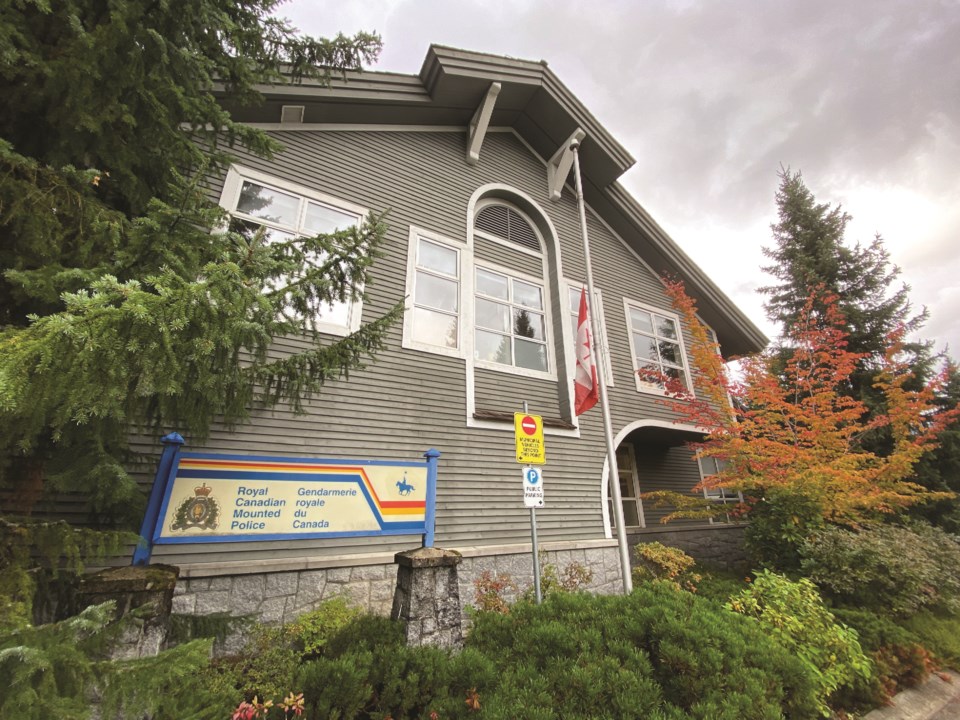The Resort Municipality of Whistler (RMOW) has released its provincially-mandated statement of financial information (SOFI), giving residents a look-in at the finer points of where municipal money is being spent.
In its documents for 2023, which must be filed with the province before June 30 of this year, the RMOW details the ins and outs of what it pays its employees and contractors.
First up: elected officials. SOFI documents reveal the RMOW’s seven elected officials were collectively paid $453,251 in remuneration last year.
The six councillors were each paid $52,460, while Mayor Jack Crompton earned $138,493—an increase of 31.5 percent over 2022, when he earned $105,353.
Last year yielded significant raises for councillors, too: Though 2022 was an election year, re-elected councillors earned $41,366—making the 2023 paycheck a 26.8-per-cent raise for councillors.
Overall, remuneration to Whistler’s elected officials went up by just under $100k in one year, from $353,627 in 2022.
On the expenses front, the top claimant was Councillor Jeff Murl, who claimed $7,262 in expenses, while Coun. Jen Ford claimed only $76. The remaining five were spread between $1,346 and $5,665, for a total of $26,879 for all seven.
For employees of the municipality, 2023 yielded some hefty numbers, with the total amount paid rising to $35,149,817, from $32,153,888 in 2022—an increase of 9.3 per cent.
The total amount for all pay to RMOW employees (including elected officials, benefits and contributions, but not including expenses) was a hefty $44,160,986—up from $39,995,129 in 2022, an increase of 10.4 per cent.
Overall expenses revealed a decrease—while elected officials claimed more, employees claimed less: With only $350,491 claimed by employees in 2023, compared to $452,051 in 2022—a decrease of 22.5 per cent.
Notably, the number of employees earning a paycheck over the $75k reporting threshold ballooned from 169 in 2022 to 207 in 2023, with a staff report rationalizing it as a result of annual cost-of-living adjustments to its pay scale. The report includes a segment explaining the reporting threshold has remained stagnant for more than 20 years, and if it had moved with the economy, the number of employees having their pay individually reported would be lower.
“The threshold of $75,000 for the SOFI employee remuneration schedule has not changed since 2002,” reads the report. “If the threshold had increased by the Vancouver average annual consumer price index (CPI) each year since 2002, the threshold would be approximately $116,000 for 2023, and would reduce the number of employees whose remuneration is reported in the SOFI.
“With all things remaining equal, the number of employees listed in the SOFI will continue to grow annually as the reporting threshold is held constant at $75,000 and RMOW remuneration increases with cost-of-living adjustments.”
Going by the number volunteered by the RMOW, there were 56 employees who earned more than $116,000 last year, with that group collectively accounting for $8,029,644 of the $35,149,817 paid to all employees.
Top earners in the RMOW are as expected, with chief administrative officer Ginny Cullen earning $284,449 last year, having enjoyed a 16-per-cent raise over 2022 when she earned $245,155.
Only four other employees crossed the $200k mark, being general manager of corporate services and public safety, Ted Battiston, who earned $207,741; Whistler Fire Rescue Services chief, Thomas Doherty, who earned $211,246; general manager of infrastructure services, James Hallisey, who earned $206,603; and human resources director Denise Wood, who earned $202,875.
Overall pay rates for RMOW employees have been on the up for the last few years: In 2017, the total remuneration and benefits across all employees was $30.7 million. That number rose to $32.7 million in 2018, then $33.1 million in 2019. It contracted slightly to $32.9 million in 2020, before ballooning to $36.8 million in 2021 and then $39.9 million in 2022 and now $44.1 million in 2023.
Responding to Pique queries, Cullen said the increase over the last few years was due to an increase in staff in key departments that were previously understaffed—such as the building department.
She added the RMOW was previously underpaying staff when benchmarked to other municipalities, which has been corrected in recent years, bringing about the relatively large jump recently.
On the supplier and contractor front, the RMOW reported total payments of $110,442,217 in 2023–up from $98,294,155 in 2022. Companies that receive payments over a $25,000 threshold are all named individually.
Top receivers of municipal money were: BC transit, which was paid $6,057,209 (up from $4,192,177 last year); BC Hydro, which was paid $2,122,036 (up from $1,797,396); Coastal Mountain Excavations, which received $4,833,539 (down from $5,360,295); Corona Excavations at $3,678,893 (down from $5,874,426); Drake Excavating at $3,018,396 (up from $2,317,612); GFL Environmental at $3,719,301 (slightly up from $3,548,301); the RCMP at $6,290,698 (up from $3,720,441); and Tourism Whistler, which received $8,126,310 (up from $6,136,576).
Also among contractors listed is the parent company of Pique Newsmagazine, Pacific Coast Publications LP, which received $104,058 from the RMOW for legislatively required public notices and advertisements in 2023.
At the June 25 regular council meeting when the statements were included in the council package with no presentation, councillors asked no questions.
During comments, Councillor Arthur De Jong said he appreciated the note from staff on the lack of change in the $75k remuneration reporting threshold, and added he would appreciate data on the range of salaries paid to give a more overarching view of remuneration to staff.
The full RMOW SOFI document can be read on the municipal website as part of the June 25 regular council meeting package




